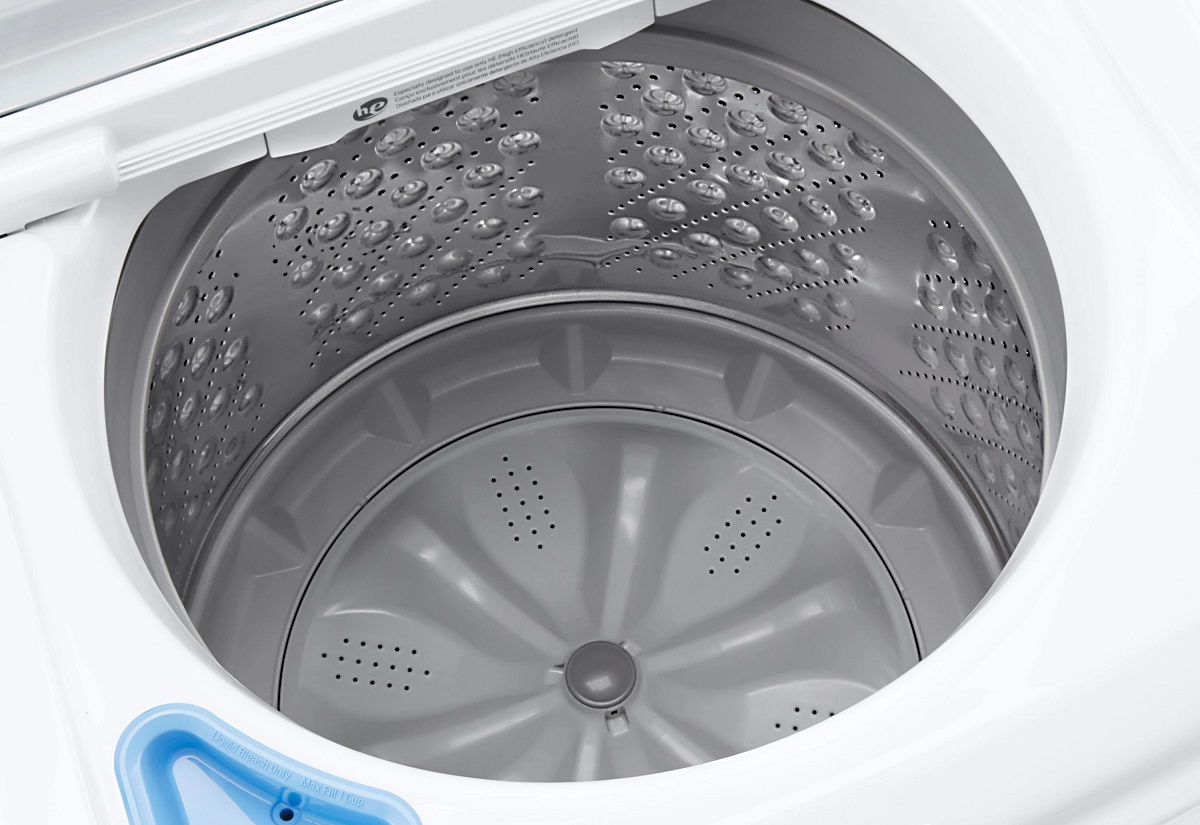

Articles
What Is Impeller Washer
Modified: September 1, 2024
Discover the benefits and workings of impeller washers in this informative articles. Improve your laundry routine with this efficient washing machine design.
(Many of the links in this article redirect to a specific reviewed product. Your purchase of these products through affiliate links helps to generate commission for Storables.com, at no extra cost. Learn more)
Introduction
Doing laundry is a never-ending task that most of us have to deal with on a regular basis. Whether it’s washing clothes, bedding, or towels, having a reliable and efficient washing machine is essential. In recent years, a new type of washing machine has gained popularity – the impeller washer.
Impeller washers are a modern take on traditional agitator-based washing machines. While they perform the same function of cleaning your dirty laundry, impeller washers go about it in a different way. In this article, we will explore what exactly an impeller washer is, how it works, its advantages and disadvantages, and how it compares to traditional washing machines.
If you’re considering upgrading your old washing machine or simply looking for information on the latest laundry technology, read on to discover everything you need to know about impeller washers.
Key Takeaways:
- Impeller washers offer a gentler, more efficient, and convenient laundry experience with larger load capacities, energy efficiency, and advanced features. They are ideal for everyday loads and provide thorough cleaning while being gentle on clothes.
- While impeller washers may not be suitable for heavily soiled or delicate fabrics, proper maintenance and care can prolong their performance and efficiency. Consider your laundry needs and preferences to determine if an impeller washer is the right choice for you.
Read more: Which Washer Is Better Agitator Or Impeller
Definition of Impeller Washer
An impeller washer, also known as a high-efficiency impeller washer or a top-load impeller washer, is a type of washing machine that utilizes a rotating disc known as an impeller to agitate and clean the clothes. Unlike traditional agitator-based washing machines, which have a central post that moves back and forth to create a washing action, impeller washers rely on the movement of the impeller to create a gentle yet effective washing process.
The impeller, typically located at the bottom of the washer’s drum, is a low-profile disc with fins or vanes that rotate in a pulsating motion. As the machine operates, water and detergent are combined to form a swirling mixture that is circulated throughout the drum. The impeller’s rotation creates a water flow that helps to distribute the detergent evenly and lift and tumble the clothes, resulting in a thorough cleaning.
Impeller washers often come with advanced features and technologies that enhance their performance. These can include adjustable water levels, multiple wash cycles, temperature control, and sensors that determine the load size and adjust the water and energy usage accordingly.
It’s important to note that impeller washers are typically found in top-load configurations, meaning that the laundry is loaded through a door on the top of the machine. However, there are also front-load washers that utilize an impeller system instead of a traditional agitator, offering the benefits of both designs.
How Impeller Washers Work
Impeller washers work on a slightly different principle compared to traditional agitator washers. Instead of relying on a central agitator post to move the clothes around, impeller washers use the rotation of an impeller disc at the bottom of the drum to create a washing action.
When you start a wash cycle on an impeller washer, the drum fills with water, and the impeller begins to rotate. The rotating impeller creates turbulence in the water, effectively agitating the clothes and creating a gentle scrubbing action. The clothes are lifted and tumbled through this swirling water, ensuring that every garment is thoroughly cleaned.
During the wash cycle, the impeller may pause at intervals or change its rotation direction, further enhancing the cleaning action. Some impeller washers also utilize jets or sprayers to direct water and detergent onto the clothes for a more targeted and effective cleaning process.
The water level in impeller washers is typically determined automatically based on the weight and fabric type of the load. This helps to conserve water and energy compared to traditional washers with fixed water levels. The impeller washer may also offer various wash cycles and settings to accommodate different types of clothing, such as delicate, heavy-duty, or quick wash options.
Once the wash cycle is complete, the water drains out, and the rinse cycle begins. During the rinse, fresh water is introduced into the drum, and the impeller continues to agitate the clothes to remove any remaining detergent and residue. Finally, a spin cycle removes excess water from the clothes, preparing them for drying.
Overall, the impeller washer’s design and motion create a gentle yet effective washing action that can clean a variety of fabrics and garments without the need for a central agitator post.
Advantages of Impeller Washers
Impeller washers offer several advantages over traditional agitator-based washing machines. Here are some of the benefits you can expect with an impeller washer:
- Gentler Washing: The absence of a central agitator post in impeller washers means that there is less wear and tear on clothes. This gentler washing action is especially beneficial for delicate fabrics, ensuring that your garments remain in good condition for longer.
- More Efficient Water Usage: Impeller washers typically use less water compared to traditional washers. The automatic water level adjustment feature ensures that only the required amount of water is used for each load, reducing water wastage and saving on your water bills.
- Energy Efficiency: With their advanced technologies and features, impeller washers are designed to be energy-efficient. Many models come with options for cold water washes, which further reduces energy consumption.
- Increased Load Capacity: Impeller washers are known for their larger drum capacities, allowing you to wash more clothes in a single cycle. This is especially helpful for households with large families or individuals who do larger loads of laundry.
- Improved Cleaning Performance: The swirling action created by the impeller in these washers helps to distribute the detergent evenly and reach every corner of the clothes. This results in a more effective and thorough cleaning of your garments.
- Faster Wash Cycles: Impeller washers often offer shorter wash cycles compared to traditional washers. This can save you time and energy, especially when you have smaller loads or need your clothes cleaned quickly.
- Convenient Top-Load Design: Impeller washers are usually designed as top-load machines, allowing for easier loading and unloading of laundry. The absence of a bulky agitator in the center provides more space for larger items like comforters or bulky clothing.
These advantages make impeller washers a popular choice for those looking for efficient and effective laundry solutions.
When using an impeller washer, make sure to evenly distribute the clothes around the impeller to ensure a thorough and efficient wash. Avoid overloading the washer to allow the impeller to properly agitate the clothes.
Disadvantages of Impeller Washers
While impeller washers offer many benefits, they also have a few disadvantages that are worth considering before making a purchasing decision. Here are some of the potential drawbacks of impeller washers:
- Less Aggressive Cleaning: The gentle washing action of impeller washers may not be as effective for heavily soiled or stained clothes. Agitator-based washers are often better suited for tough stains due to their more vigorous agitation.
- Tangling of Clothes: The swirling motion of the impeller can sometimes cause garments to tangle together, especially with larger loads or items like bed sheets. This can result in less efficient cleaning and the need for occasional pausing and untangling during the wash cycle.
- Reduced Water Coverage: While impeller washers do a good job of circulating water, they may not provide the same level of water coverage as agitator-based washers. This can lead to less effective cleaning for certain types of fabrics or heavily soiled items.
- Noisy Operation: Some users have reported that impeller washers can be noisier compared to traditional washers. This is due to the high-speed rotation of the impeller as it agitates the clothes and creates the washing action.
- Limited Fabric Options: Impeller washers may not be suitable for all types of fabrics. Delicate or fragile fabrics, such as lace, silk, or wool, may require gentler treatment, which is better achieved with agitator-based washers or specialized handwashing.
- Higher Initial Cost: Impeller washers often come with advanced features and technologies, which can contribute to a higher initial cost compared to basic agitator washers. However, the long-term energy and water savings may help offset this upfront investment.
- Longer Wash Cycles for Heavily Soiled Clothes: For heavily soiled clothes that require intensive cleaning, impeller washers may require longer wash cycles compared to agitator washers. This is due to the gentler washing action and the need for additional time to effectively remove stains and dirt.
Considering these disadvantages will help you make an informed decision about whether an impeller washer is the right choice for your laundry needs and preferences.
Read more: What Is A Washing Machine Impeller
Comparison with Traditional Washing Machines
When deciding between an impeller washer and a traditional agitator-based washing machine, it’s important to consider the key differences and compare their features. Here’s a comparison to help you make an informed choice:
| Aspect | Impeller Washer | Traditional Washing Machine |
|---|---|---|
| Washing Action | Gentle swirling motion created by the impeller | Vigorous back-and-forth movement of the central agitator |
| Load Capacity | Often has a larger drum capacity for larger loads | Smaller drum capacity |
| Water Usage | Water level adjustment based on load size, resulting in water savings | Fixed water level for each cycle |
| Energy Efficiency | Energy-saving features and options for cold water washes | May use more energy due to the agitator’s movement |
| Cleaning Performance | Effective for general cleaning but may struggle with heavily soiled items | Aggressive agitation for better stain and dirt removal |
| Noise Level | Can be noisier due to the high-speed rotation of the impeller | Lower noise levels during operation |
| Fabric Compatibility | Suitable for most fabrics but may not be gentle enough for delicate items | More suitable for delicate fabrics with gentle agitator movement |
| Price | Higher upfront cost due to advanced features and technologies | Generally more affordable |
Based on your laundry needs and preferences, you can determine which features are most important to you. If you value gentle washing, larger loads, efficient water usage, and advanced features, an impeller washer may be the right choice for you. On the other hand, if you need a washer with aggressive cleaning power, prefer a lower noise level, and have specific fabric requirements, a traditional washing machine with an agitator may be a better fit.
It’s worth noting that both types of machines have their pros and cons, so it’s essential to consider the specific features and functionality that align with your lifestyle and laundry habits.
Maintenance and Care Tips for Impeller Washers
To ensure optimal performance and longevity of your impeller washer, it’s important to follow proper maintenance and care guidelines. Here are some essential tips to keep in mind:
- Regular Cleaning: Clean the impeller and drum regularly to remove any lint, debris, or detergent residue that may accumulate over time. Follow the manufacturer’s instructions for cleaning, as some impellers can be removed for more thorough cleaning.
- Use the Right Detergent: Use high-efficiency (HE) detergent specifically designed for impeller washers. Regular detergent can create excessive suds and cause problems in the machine. Follow the recommended amount of detergent for your load size.
- Check Pockets: Prior to loading the washer, check pockets for any small items like coins, keys, or tissues that could cause damage to the impeller or other components.
- Balance the Load: Ensure that your load is properly balanced to prevent the washer from vibrating excessively during the spin cycle. An unbalanced load can put strain on the machine and affect its performance.
- Avoid Overloading: Avoid overloading the washer beyond its recommended capacity. Overloading can lead to poor cleaning results and strain the machine’s motor and components.
- Inspect Hoses and Connections: Regularly check the hoses and connections for any signs of damage or leaks. Replace any faulty parts immediately to prevent water damage or potential malfunctions.
- Keep the Lid Open: After completing a cycle, leave the lid open for a while to allow moisture to evaporate. This helps prevent the growth of mildew and odors inside the drum.
- Occasional Sanitization: Run a sanitization cycle or use specialized cleaning tablets to keep the washer drum and impeller free from bacteria or unpleasant odors. Follow the manufacturer’s instructions for sanitizing your specific model.
- Professional Servicing: If you encounter any persistent issues or notice unusual noises or vibrations, it’s advisable to contact a professional technician to inspect and service the machine.
Following these maintenance and care tips will help ensure that your impeller washer operates efficiently and remains in good condition for years to come. Refer to the manufacturer’s guide for specific guidelines and recommendations tailored to your machine.
Conclusion
Impeller washers have revolutionized the way we do laundry, offering efficient and effective cleaning with their innovative design and advanced features. While they may have some limitations compared to traditional agitator-based washers, impeller washers provide a host of benefits that make them a worthwhile investment for many households.
With their gentle yet thorough cleaning action, impeller washers are ideal for everyday loads, delivering excellent results while being gentle on your clothes. They offer larger load capacities, energy and water efficiency, and various wash settings to accommodate different types of fabrics and laundry needs. The convenience of their top-load design and advanced features further contribute to their appeal.
However, it’s important to consider the specific requirements of your laundry routine and garment types. Impeller washers may not be the best choice for heavily soiled items or delicate fabrics that require more aggressive or gentle treatment, respectively.
By following proper maintenance and care guidelines, including regular cleaning, using the correct detergent, and checking for any issues, you can prolong the life and performance of your impeller washer. It’s also crucial to be mindful of load balance, avoid overloading, and address any potential leaks or damages promptly.
In conclusion, impeller washers offer a modern, efficient, and versatile laundry solution for many households. With their advanced technology and features, these machines provide effective cleaning while conserving water and energy. Whether you’re looking to upgrade your existing washing machine or exploring new options, impeller washers are worth considering for a convenient, efficient, and gentle laundry experience.
Frequently Asked Questions about What Is Impeller Washer
Was this page helpful?
At Storables.com, we guarantee accurate and reliable information. Our content, validated by Expert Board Contributors, is crafted following stringent Editorial Policies. We're committed to providing you with well-researched, expert-backed insights for all your informational needs.
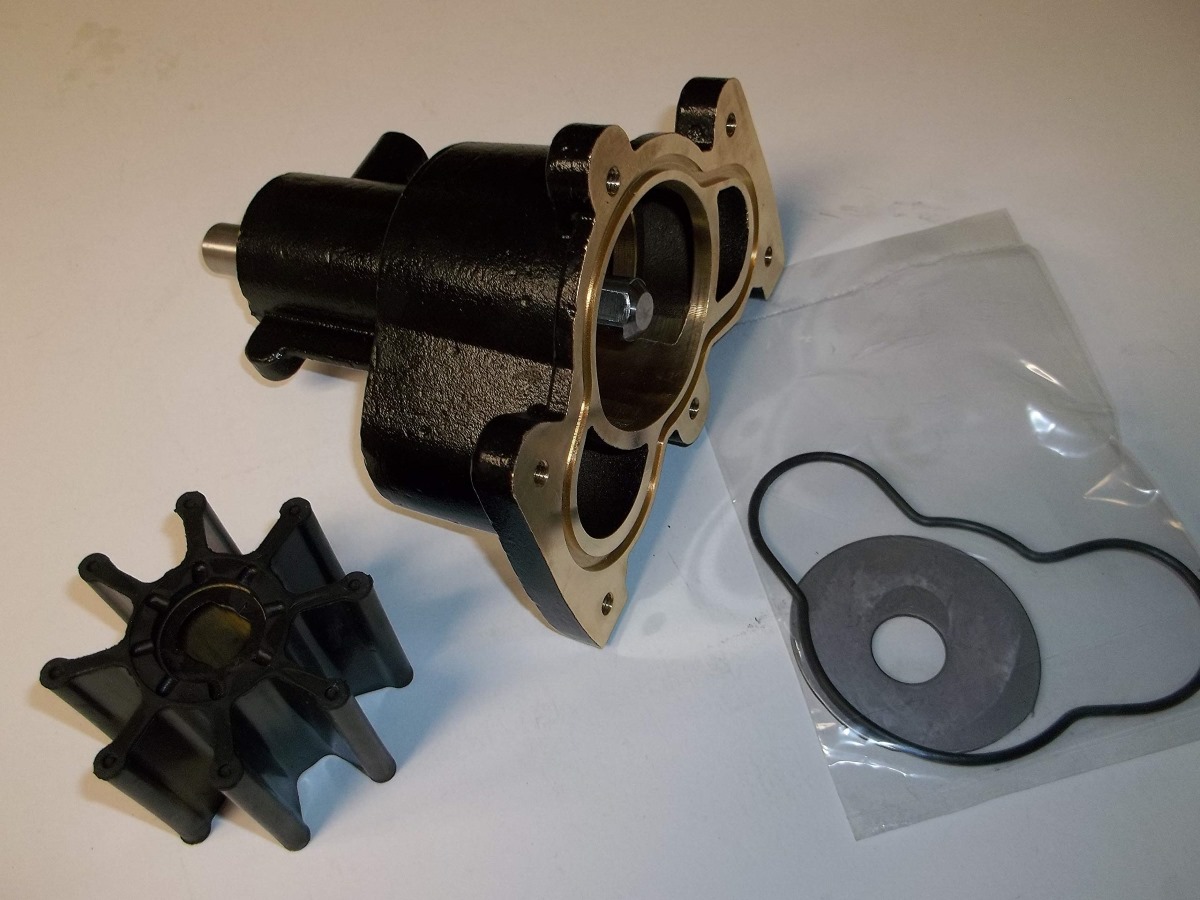
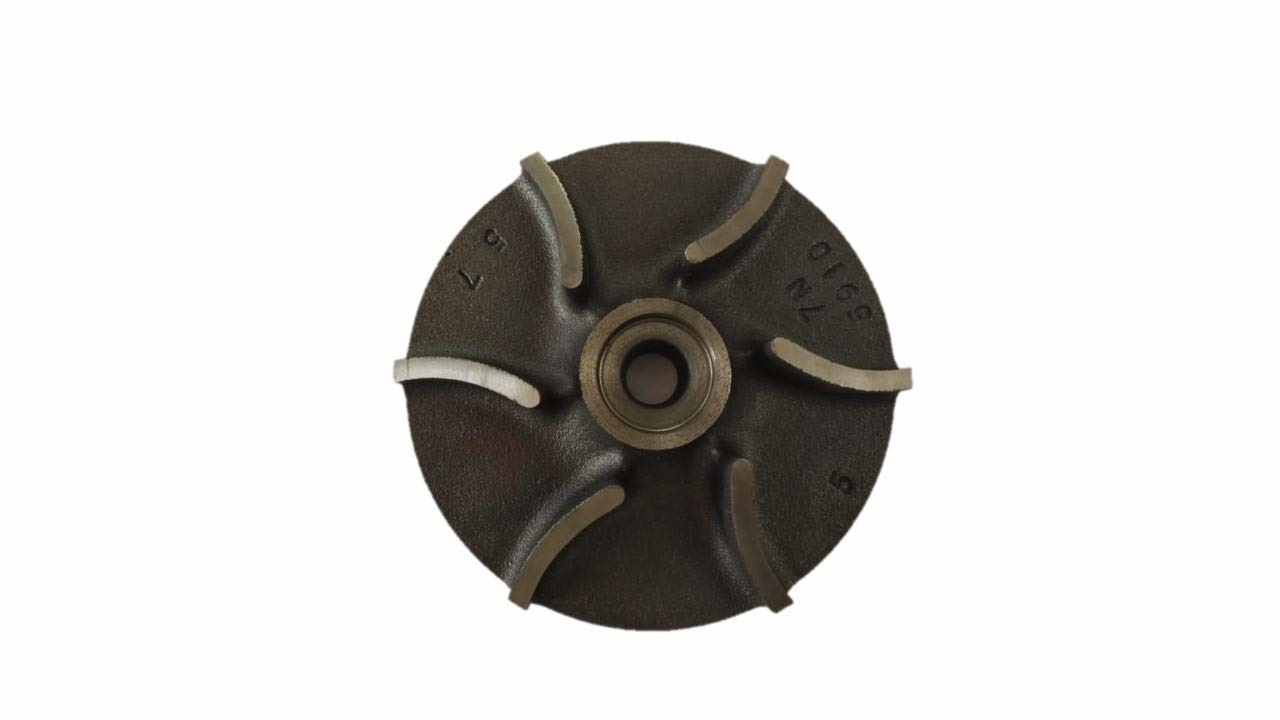
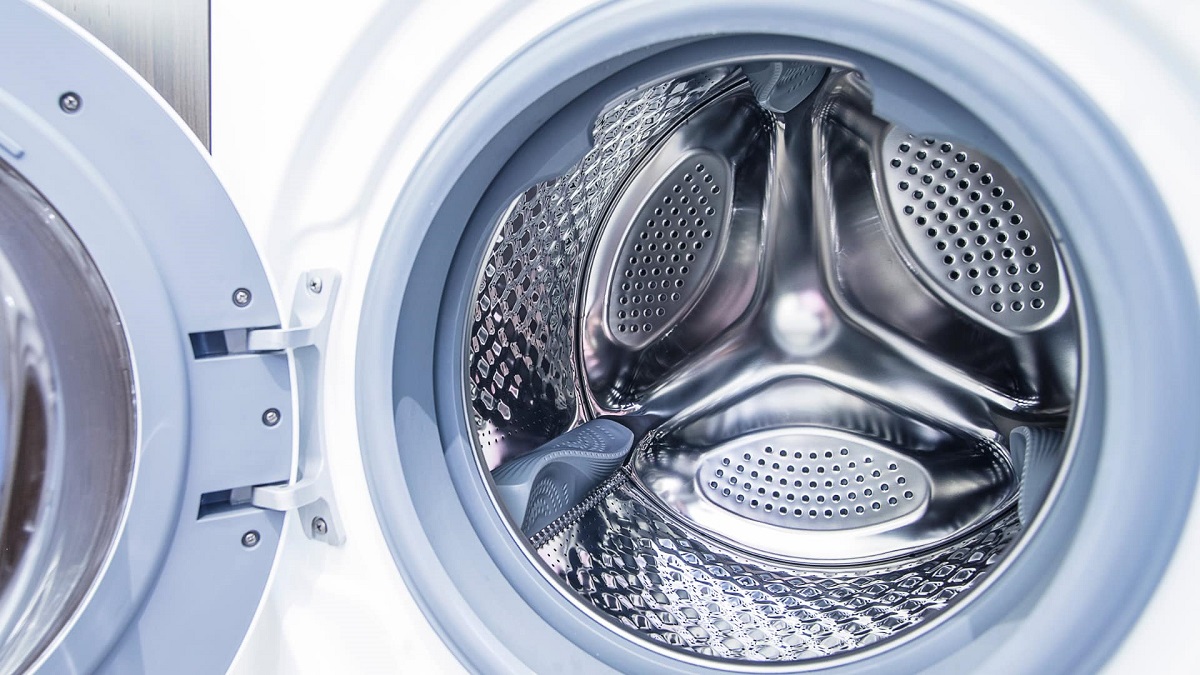

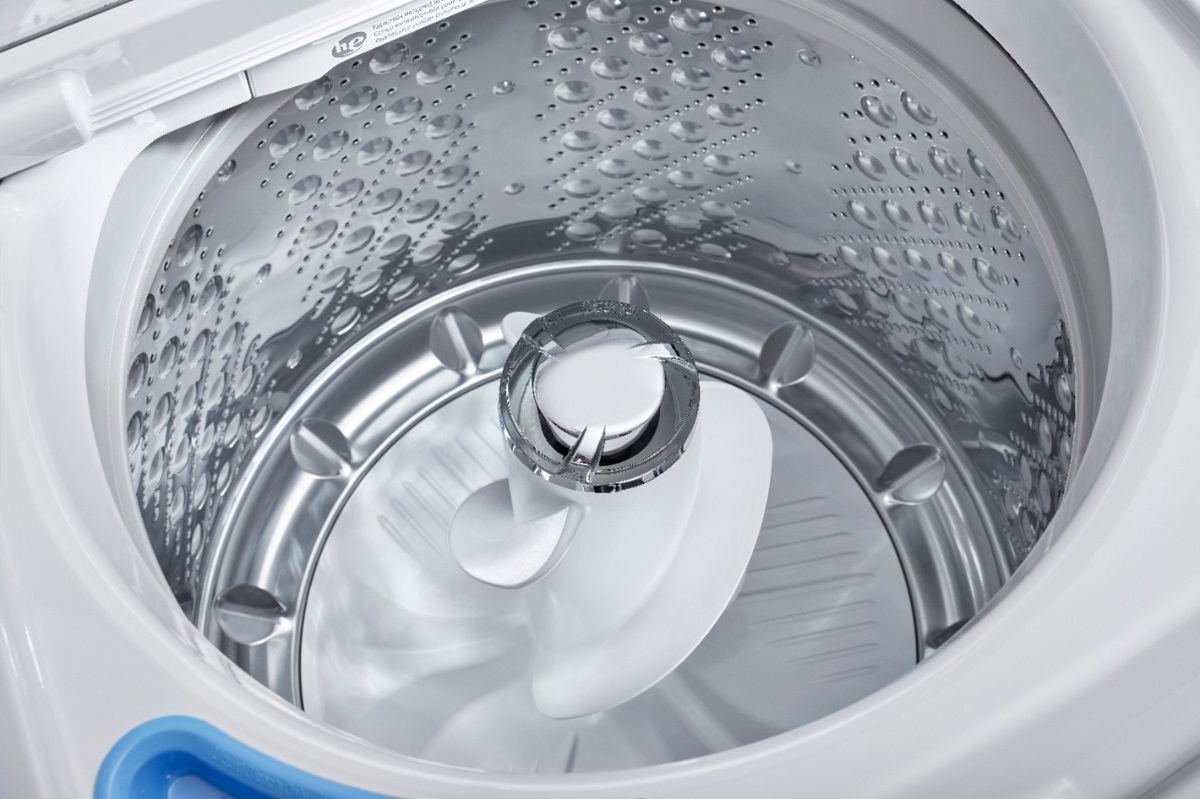
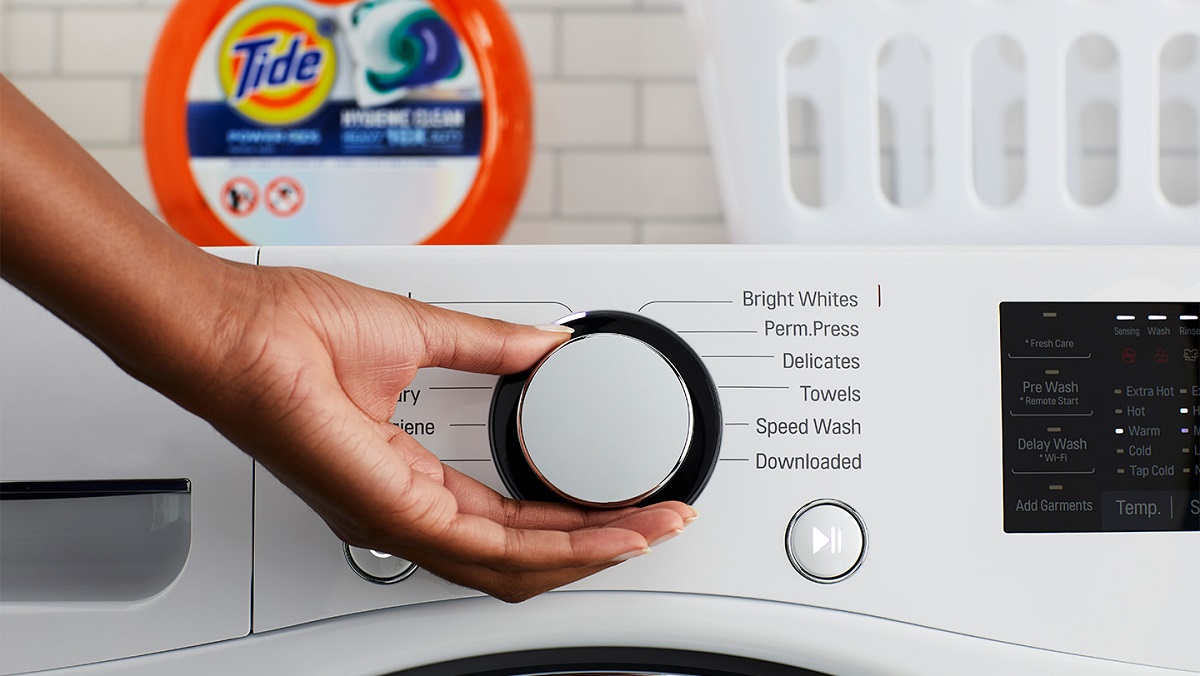
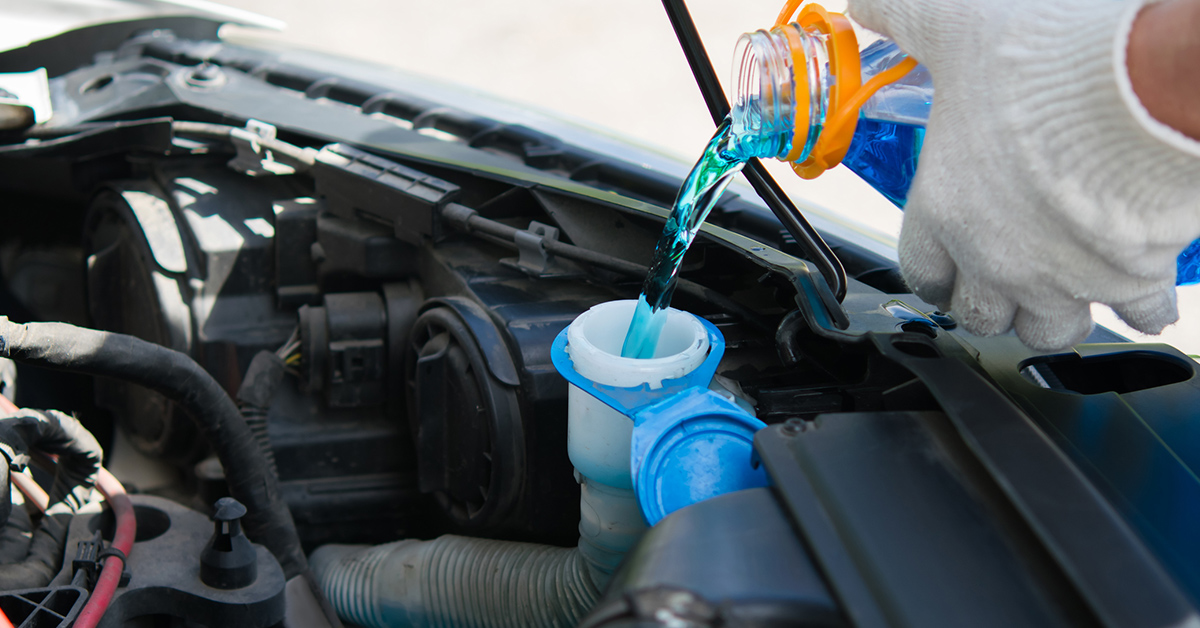
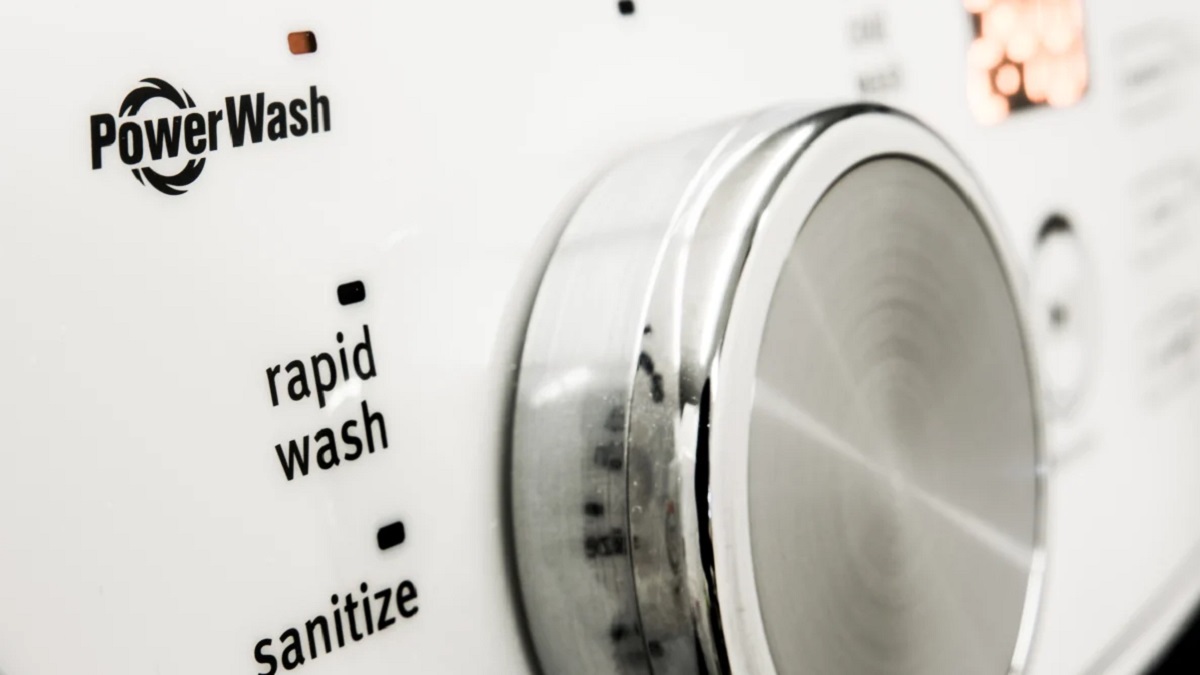

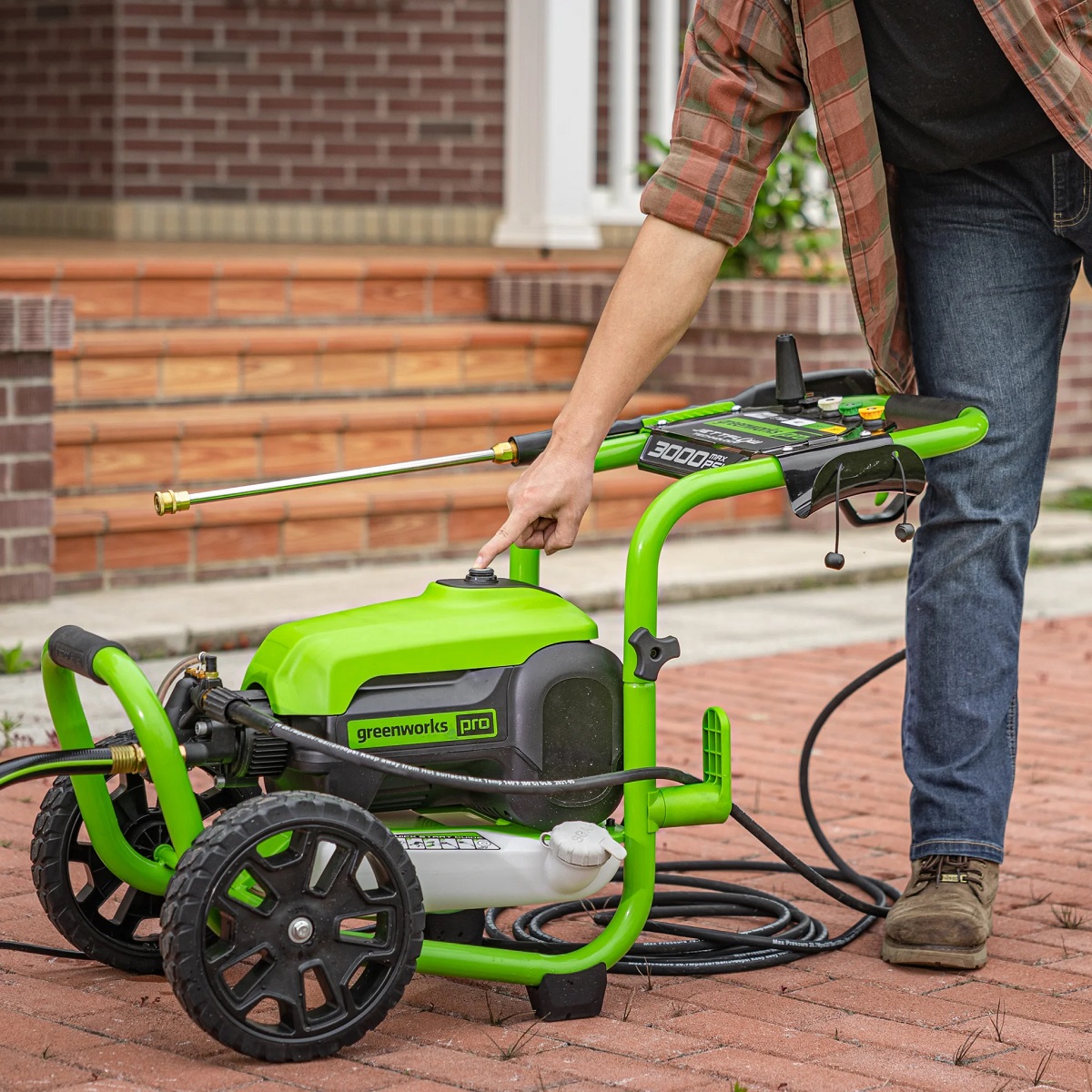

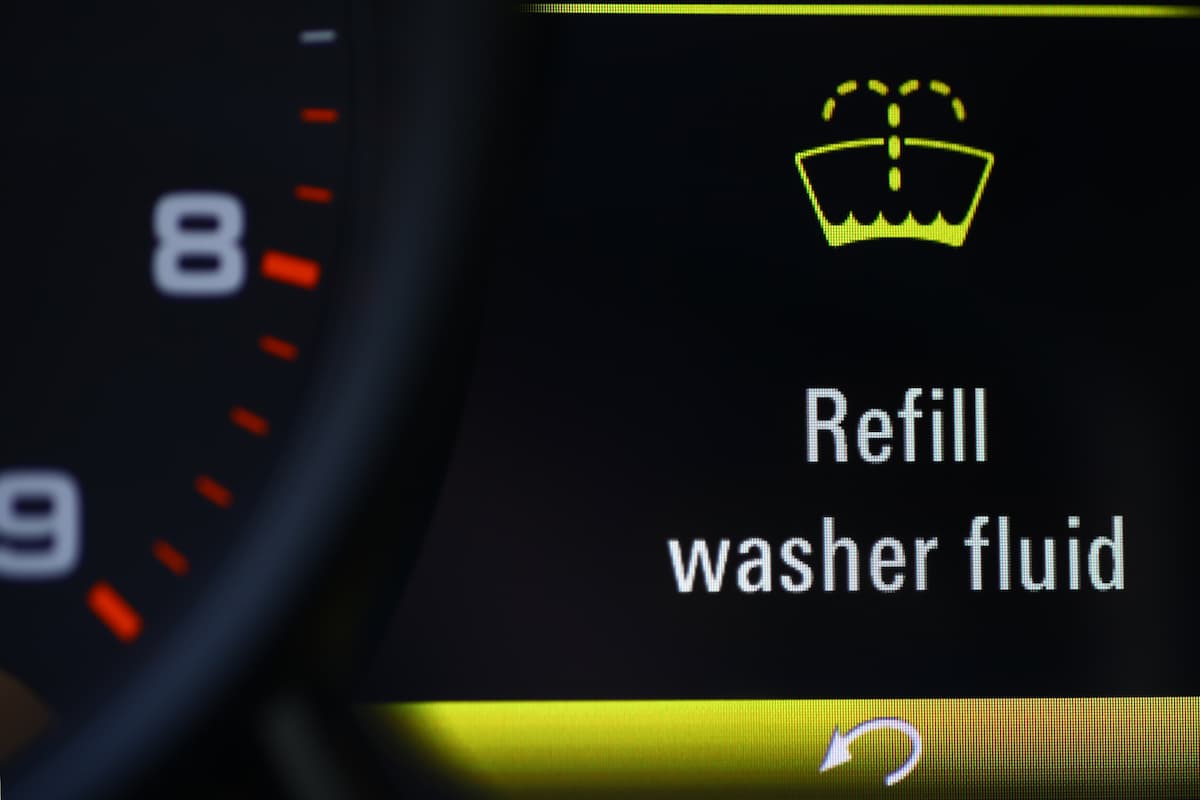
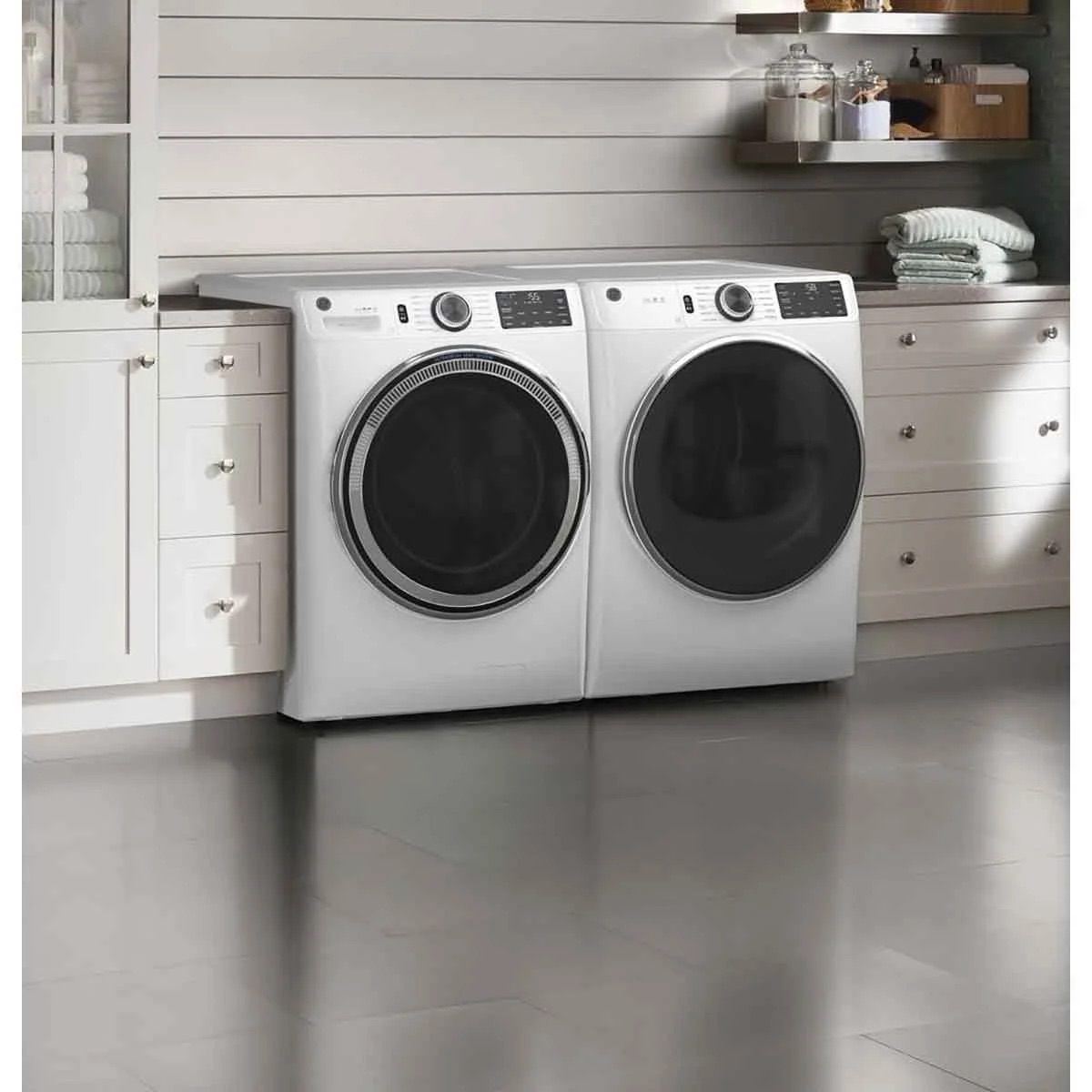
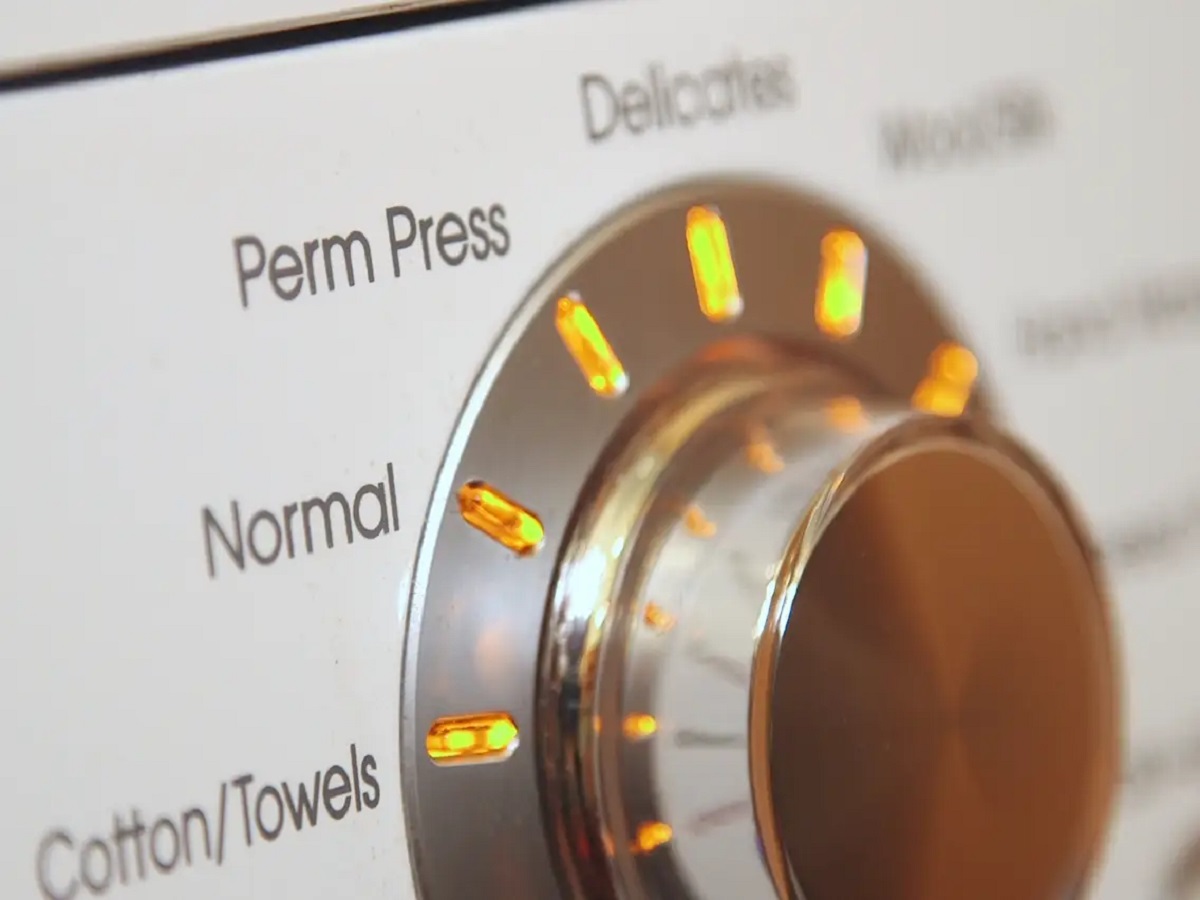

0 thoughts on “What Is Impeller Washer”